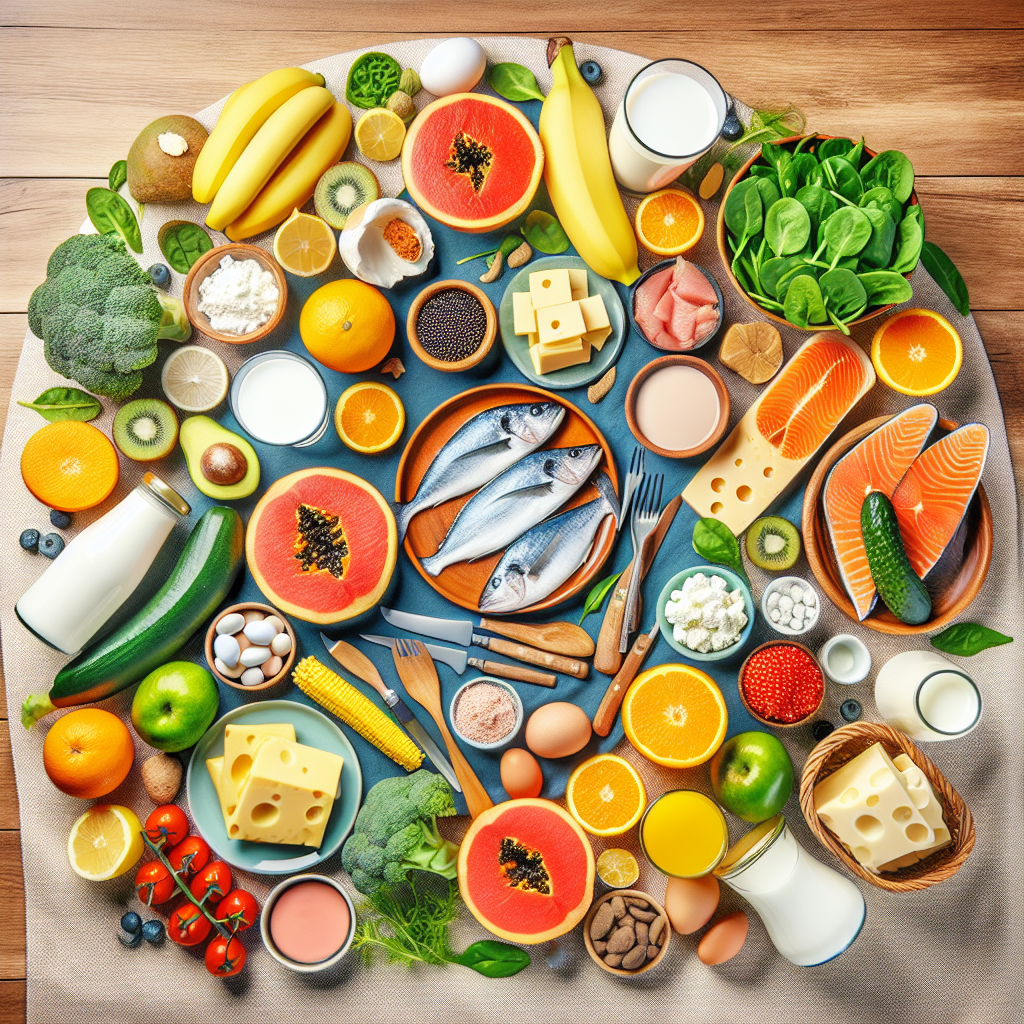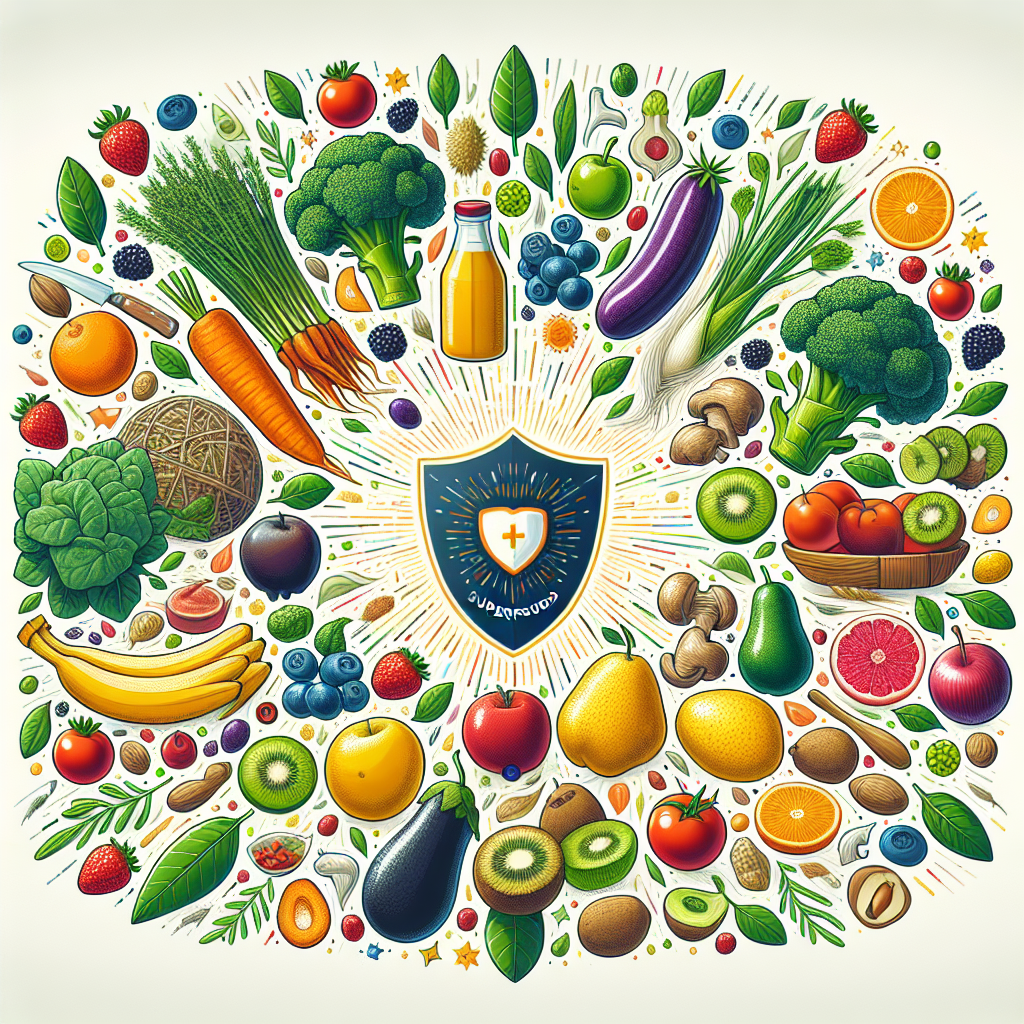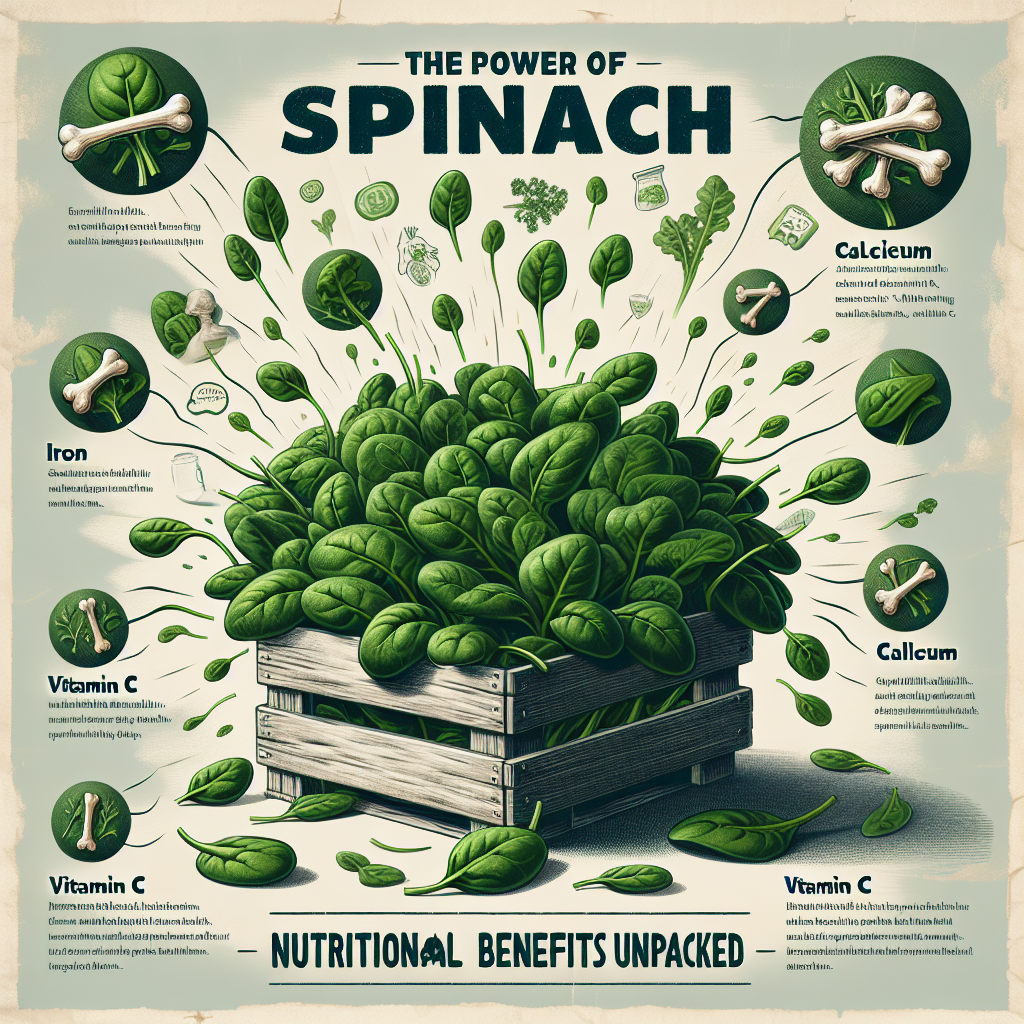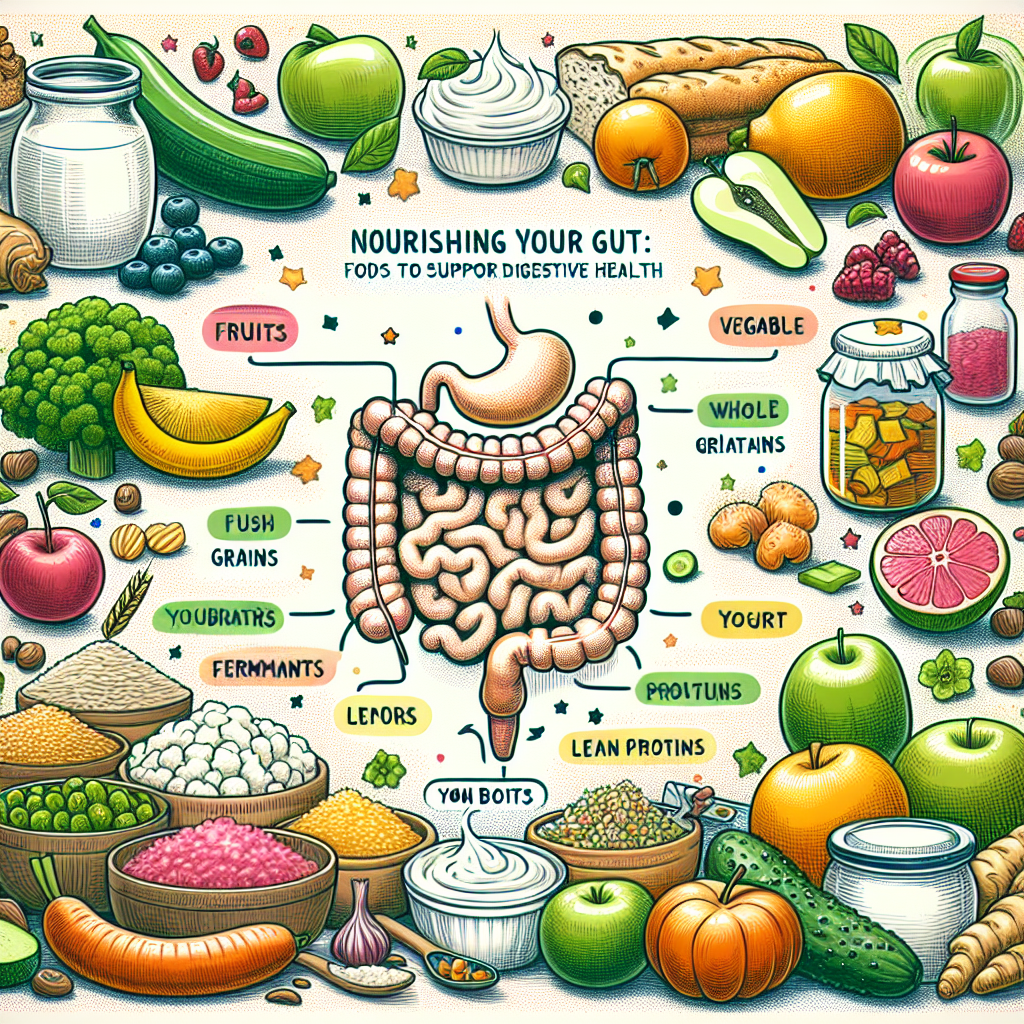Critical Foods to Avoid After Eating Fish for Better Health
1. Dairy Products
After consuming fish, it’s advisable to avoid dairy products. The combination of fish and dairy can lead to digestive issues in some individuals. This is particularly true for people with lactose intolerance. Studies suggest that up to 65% of the global population has some degree of lactose intolerance.
2. Alcohol
Drinking alcohol after eating fish can hinder the absorption of essential nutrients. Alcohol can also amplify the effects of histamines, which some fish release, resulting in allergic reactions. Research indicates that alcohol can impact the body’s ability to absorb omega-3 fatty acids present in fish.
3. Caffeinated Beverages
Avoiding caffeine after a fish meal is recommended. Caffeine can interfere with the body’s processing of the protein in fish, leading to digestive discomfort. Some studies show that caffeine can increase gastrointestinal transit time, which may not be ideal after a protein-rich meal.
4. High Iron Foods
Pairing fish with high-iron foods, such as red meat, should be avoided. While iron is essential, consuming it alongside fish may reduce the body’s ability to absorb iron efficiently. Nutritional research indicates that certain fish contain compounds that can inhibit iron absorption.
5. Citrus Fruits
Citrus fruits are refreshing but not the best choice after eating fish. The high acidity in citrus can create a reaction that alters the taste of the fish and may lead to stomach discomfort. Surveys show that 30% of individuals experience an upset stomach when consuming high-acid foods shortly after seafood.
6. Starchy Foods
Combining fish with highly starchy foods like pasta or white bread can lead to an imbalance in digestion. Starches require a different digestive process than fish, which can result in bloating and discomfort. Data suggests that a significant number of people (about 40%) experience digestive issues with such combinations.
7. Raw Vegetables
Consuming raw vegetables immediately after fish may cause digestive distress. The fiber in raw veggies can complicate the digestion of fish. Research indicates that 25% of people report discomfort when eating raw foods in tandem with protein-rich meals.
8. Processed Foods
Processed foods high in preservatives and additives should be avoided after eating fish. These can mask the natural flavors of the fish and may lead to unhealthy dietary choices overall. Around 50% of individuals prefer fresh, whole foods over processed options for optimal health.




Post Comment